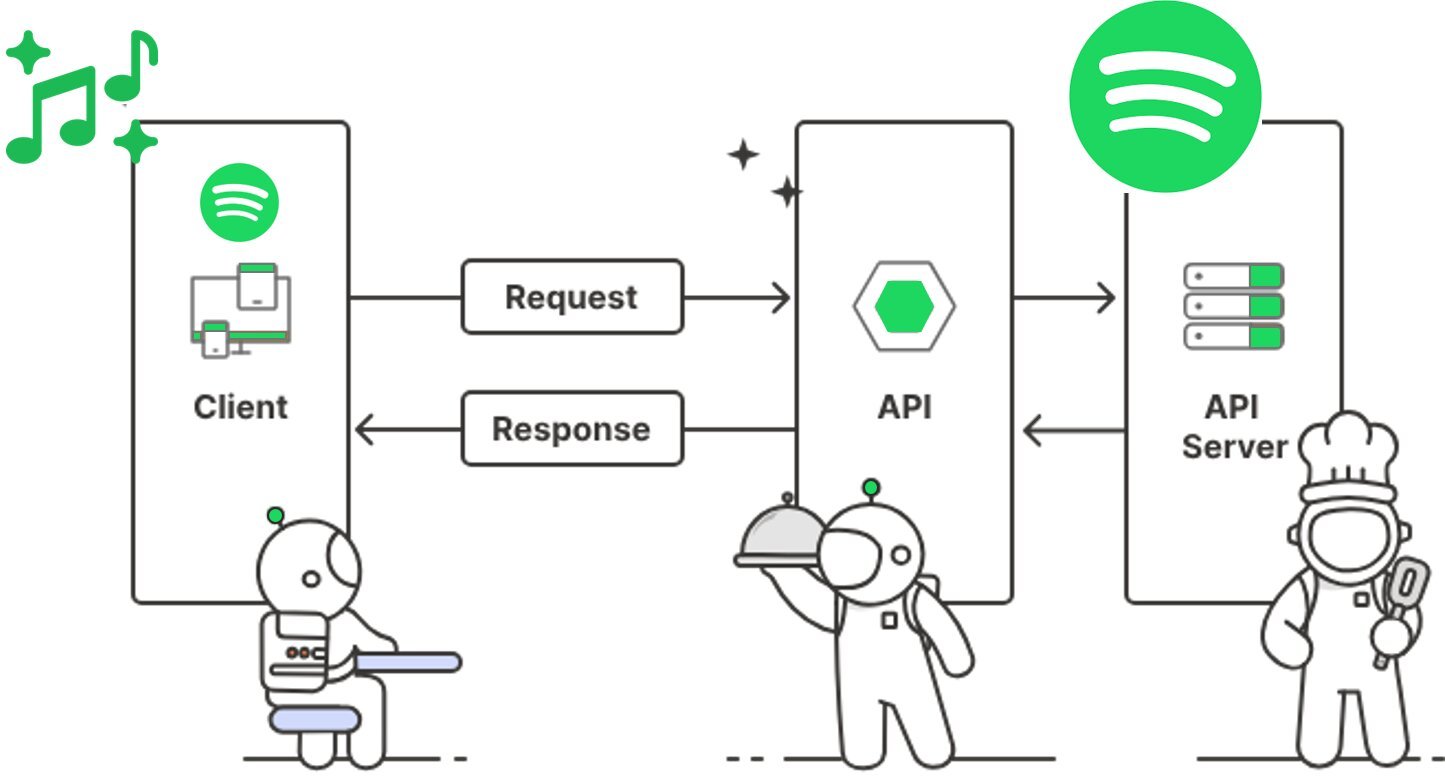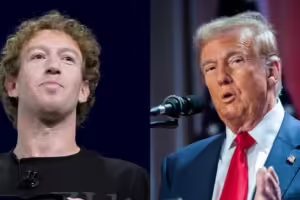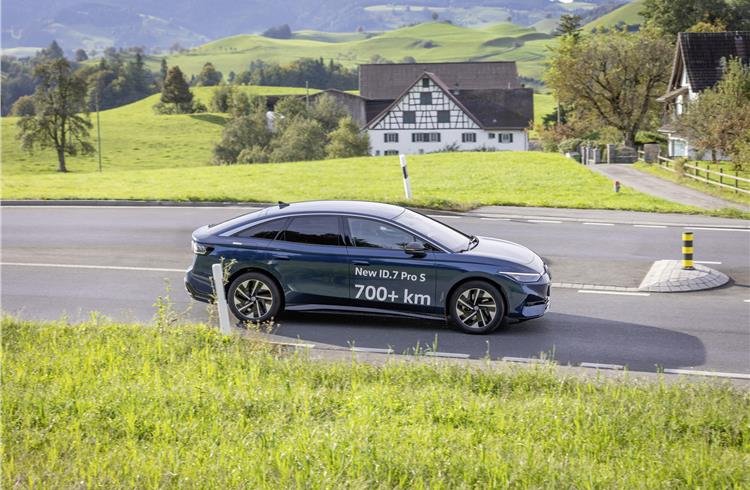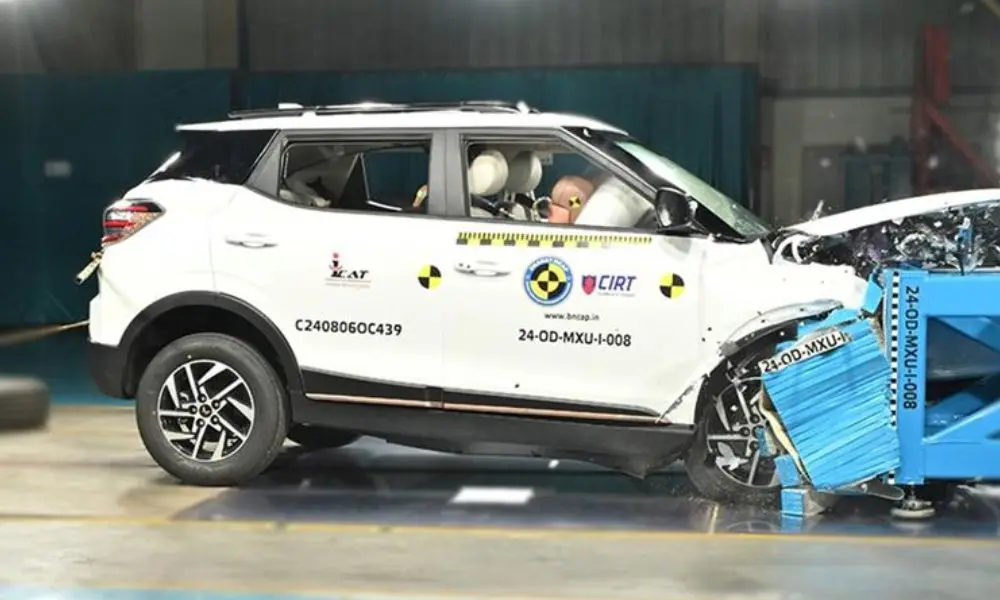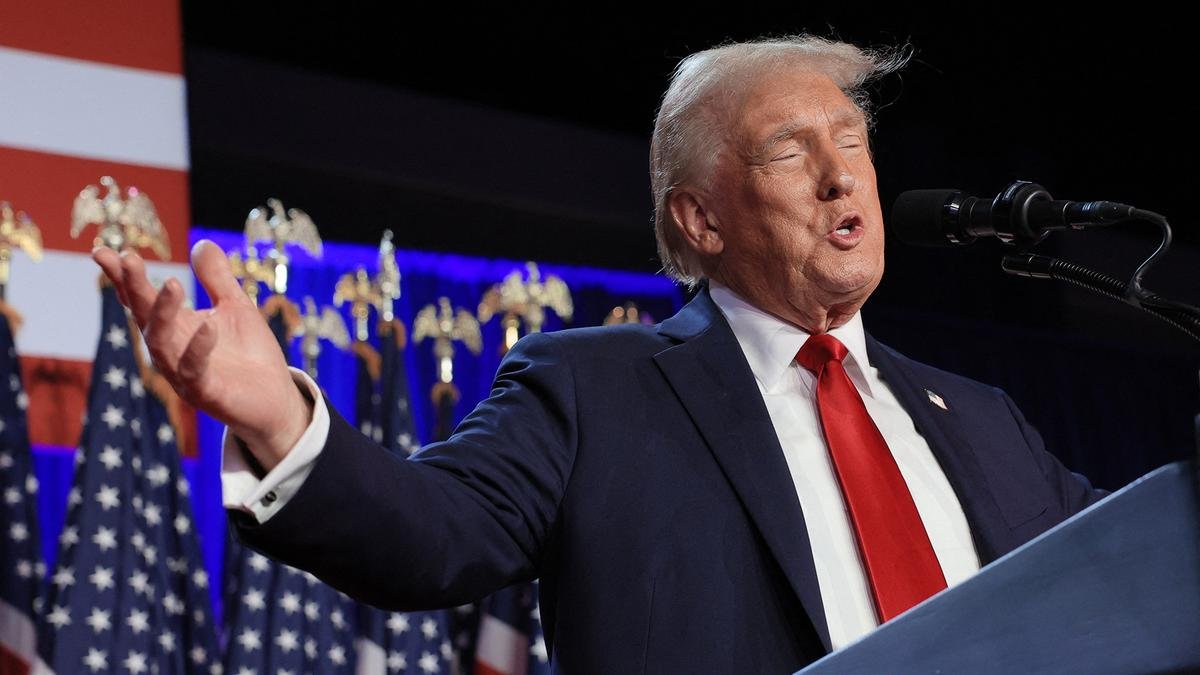Policy stability & infra support can fire up EV engine: Jaehoon Chang, global CEO and president of Hyundai Motor Company

In an interview, Chang mentioned that Hyundai, the third-largest automaker globally in terms of sales, is actively involved in launching multiple electric vehicles in India. Additionally, the company is focused on building a comprehensive ecosystem to encourage customers to embrace these environmentally friendly vehicles.
Jaehoon Chang, the global CEO and president of Hyundai Motor Company, emphasized the significance of maintaining policy consistency and receiving government support in infrastructure development to effectively shift towards electric vehicles.
The CEO of Hyundai is currently in India for a two-day visit to oversee the listing of Hyundai Motor India Ltd, the Korean automaker’s local subsidiary.
Hyundai India successfully secured Rs 27,870 crore ($3.3 billion) through an IPO, marking the largest fundraising event in the history of Indian stock markets. Notably, Tuesday’s listing represents the pioneering IPO of Hyundai’s international subsidiary.
The company, HMC, is currently in the process of determining the precise allocation of the funds from the IPO. Additionally, they mentioned that the funds will be utilized for enhancing their product range and introducing cutting-edge technologies in India.
Chang emphasized that the decision to list the Indian subsidiary was not made impulsively. He highlighted the expanding nature of India’s capital market and how Hyundai’s strategic positioning in the country had been carefully evaluated. By heeding investor feedback and capitalizing on growth opportunities in markets like India, Hyundai aims to enhance its global standing, which will reflect positively on its valuation worldwide, including in Korea.
The period following the IPO is of utmost importance, and our priority is to uphold the expansion infrastructure. We are committed to improving our production and research and development (R&D) capacities,” he stated. Hyundai India has successfully exceeded an annual capacity of one million units post the acquisition of the Maharashtra plant from the former General Motors India. “Our goal is to amplify the R&D efforts in Hyderabad. This expansion is not only intended to cater to the surging domestic market but to also solidify India’s stature as a key export center for Asia, parts of the Middle East, and Europe. Furthermore, we have plans to widen the influence of electric vehicles (EVs) starting from this foundation.
Unsoo Kim, the Managing Director of Hyundai Motor India, expressed optimism about India’s economy. He highlighted the country’s youthful demographic, robust support for manufacturing, and infrastructure development incentives, making India an appealing investment hub. Kim emphasized that the IPO presented an opportunity for the company to synchronize with international benchmarks and showcase its growth narrative to potential investors.
Chang emphasized the significance of consistent government policies and their support in building infrastructure for the growth of the Indian EV industry.
According to data compiled by the Federation of Automobile Dealers Associations from the Vahan portal, electric vehicle (EV) sales in India have experienced a decline, mirroring a trend seen in various global markets. For the fifth consecutive month, sales dropped by 7.8% to 5,874 units in September. Despite this, Chang noted the government’s strong commitment to decarbonization, expressing confidence in receiving ongoing governmental support. India’s favorable policies include a reduced GST rate of 5% on EVs compared to the higher 28% plus cess imposed on traditional petrol and diesel cars. Additionally, incentives under the Rs 24,938-crore Production Linked Incentive (PLI) scheme aim to bolster local manufacturing and EV adoption. Subsidies are also available to bolster the development of charging infrastructure. Hyundai India has outlined ambitious investment plans amounting to Rs 32,000 crore until 2032, intending to enhance production capacity to 1.1 million units spanning its facilities in Tamil Nadu and Maharashtra.
Efforts are currently being made to establish a supplier network, locally manufacture battery packs, and then manufacture LFP (lithium iron phosphate) cells in collaboration with an Indian partner in order to offer its electric vehicles at competitive prices in the domestic market. Additionally, the company intends to introduce four electric vehicles, commencing with an electric variant of the Creta SUV in the first quarter of March.
Chang emphasized the importance of expanding the product portfolio and boosting production capacity as key priorities amidst the ongoing shift to electric vehicles. Looking beyond the immediate goals, he highlighted the company’s strategic vision to strengthen the EV supply chain and infrastructure, aiming to create a comprehensive ecosystem for sustainable growth.
